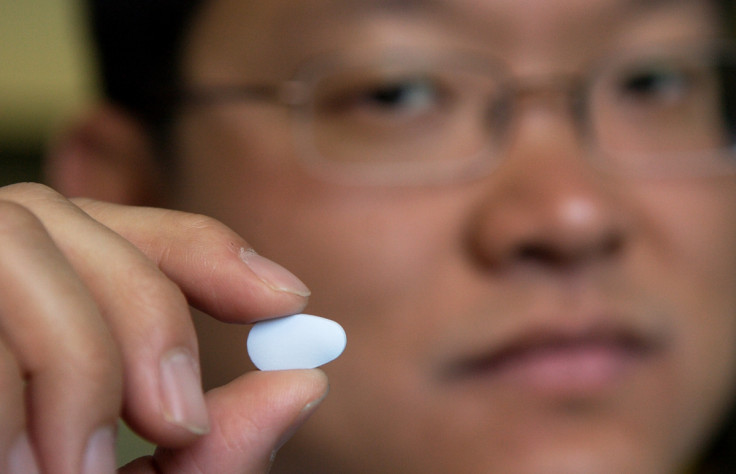HIV Prevention Pill Truvada Does Not Lead to Sexual Risk-taking

The HIV prevention drug Truvada does not increase risky sexual behaviour, scientists have confirmed.
Truvada became the first and only drug to be approved by the US Food and Drugs Administration for HIV prevention, in 2012.
It protects against HIV-1, the most common strain of the disease, through a strategy called pre-exposure prophylaxix (PrEP). In separate trials, researchers found Truvada reduced the risk of getting HIV by between 42% and 75%. Another later study found it can reduce the risk of infection by 90%.
Truvada is taken as a pill once a day and works by blocking the action of a protein needed for HIV to infect the body.
However, some experts had voiced concern that the pill must be taken properly for it to be effective and noted that having a prevention pill could increase the likelihood of people having unprotected sex.
Robert Grant, from the Gladstone Institute, has debunked this concern and has provided further proof that regular use can reduce the risk of getting HIV.
Published in the journal PLos One, researchers noted that concerns surrounding Truvada focused on if the drug would have a behavioural effect known as "risk compensation". This is the idea that people adjust their behaviour in relation to a perceived level of risk.
An initial study into Truvada, known as the iPrEx study, found risk compensation behaviour increased. The Gladstone researchers looked to examine these findings further.
"Vital to curbing the spread of this worldwide epidemic."
Grant said: "After the initial iPrEx study, there was concern that self-reported behaviour may not tell the whole story. Here, we not only gathered behavioural data, but we also tested each participant for both HIV and syphilis—allowing us to map over time how reported changes in overall behaviour correlated with actual changes in infection rates."
In the iPrEx study, half of the participants were given Truvada, while the other half were given a placebo. They were also asked if they thought they were taking Truvada or the placebo.
"If risk compensation were occurring, those who believed they were receiving Truvada and that it was effective would be more likely to increase their sexual risk behaviour," study author Julia Marcus said. "However, our results revealed the opposite: rates of both HIV and syphilis infections went down, and there was no increase in sexual risk behaviour."
Grant added: "Our results suggest that HIV prevention strategies such as Truvada don't result in risk compensation because they provide an opportunity for participants to actively engage in and reduce their risk of HIV infection. Engagement, which also includes counselling, provision of condoms and management of other sexually transmitted infections leads to motivation, which comes at a time when motivation for preventing new HIV infections is vital to curbing the spread of this worldwide epidemic."
© Copyright IBTimes 2025. All rights reserved.





















